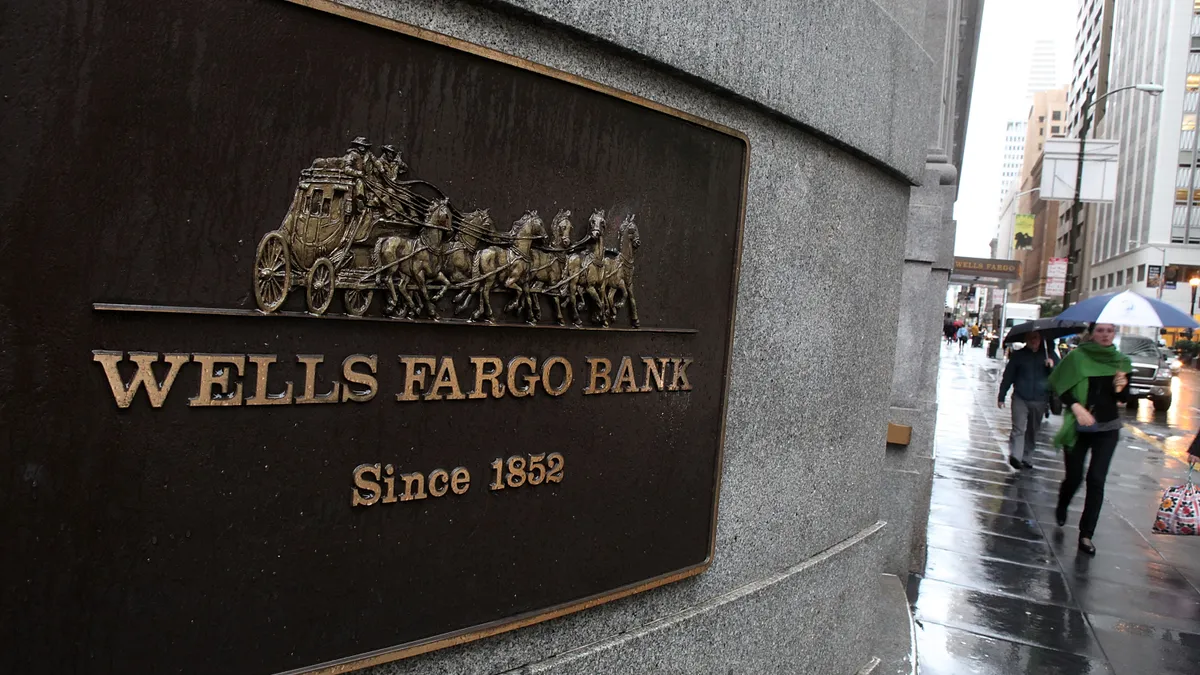Dive Brief:
- Mobile apps provided by banks are not offering adequate fraud prevention measures for unauthorized credit and debit card usage or peer-to-peer scams, according to a report from Consumer Reports following a survey of industry apps by the consumer advocacy and research nonprofit.
- Both large traditional banks as well as digital newcomers did not commit adequately to real-time fraud monitoring and alerting users to suspicious activity, according to the report, which was released last Thursday. And while basic fraud education was available on the banks’ websites, some did not have similar education in their apps.
- “As more people rely on mobile apps as their primary method of banking and financial management, it's crucial that banks prioritize fraud and scam prevention,” Consumer Reports Senior Director Delicia Hand said in an email.
Dive Insight:
For the report, Consumer Reports evaluated the mobile banking apps of five large traditional banks: Bank of America, Capital One, JPMorgan Chase, U.S. Bank and Wells Fargo, as well as those of five digital banks: Albert, Ally, Chime, Current and Varo.
The banks and their associated apps were then evaluated on four criteria related to fraud prevention: commitment to real-time monitoring; commitment to fraud notifications, having fraud; scam education on the website; and similar education for the app generally.
Payment fraud is on the rise in the U.S., with the Federal Trade Commission reporting last month that 2023 fraud losses were over $10 billion, a 14% increase year-over-year. The top payment method for such losses was bank transfers or payments, amounting to $1.8 billion, the FTC report said.
“Investing in robust security measures, real-time monitoring, and user education through their apps shows a commitment to customer protection and helps foster trust in digital banking,” Hand said in an email.
Banks currently enjoy a high level of trust, despite the payments risks, according to Consumer Reports. Close to 90% of bank app users said that their app adequately protected them from fraud and scams, according to a survey the organization conducted last year.
Still, Hand said in-app commitments to fraud monitoring are important for app users so they know what kind of protections and alerts to expect.
“Timely alerts are essential for users to take quick action, such as freezing cards or disputing unauthorized charges, to mitigate potential damages,” said Hand, who focuses on digital marketplace topics at Consumer Reports.
In-app education on common scams would help users recognize red flags at times when they most need to, she said. “By offering tips and information within the app interface, banks can help customers stay vigilant,” Hand said.













